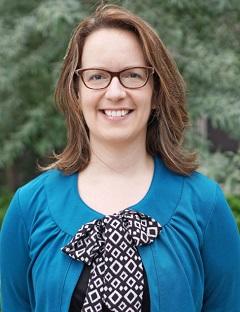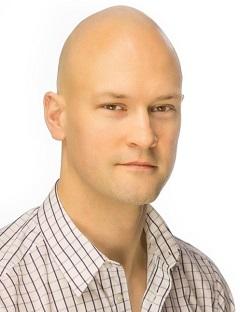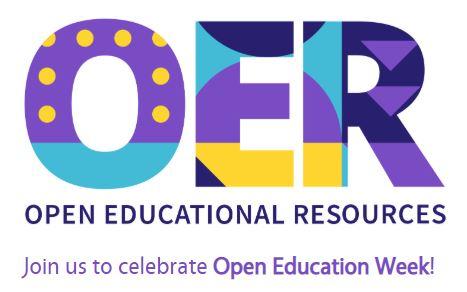




By Alex Latus
Did you know that Open Education Week runs from March 4 to March 8? This global movement and celebration might be news to some, so the Library and the Teaching and Learning Support Service will be hosting a series of free events for both students and educators. We spoke with a student, a librarian and a professor – each working in their own way to bring open education to uOttawa – to get their takes on what Open Education Week is all about.
What is Open Education Week anyway?
Kevin Roy, fourth-year biomedical sciences student (KR): Open education is a way to break down the financial barriers to education, especially higher education. Open education is free, accessible and high-quality, since the resources are created by the same academic sources as those available commercially. Open Education Week, in particular, is an opportunity for the uOttawa community to come together to discuss the benefits of open education and how we can contribute by using OERs [open education resources] on campus. As the Creative Commons motto says, “when we share, everyone wins.”
What are OERs?
Mélanie Brunet, Copyright Librarian (MB): Simply put, open educational resources – or OERs – are any type of learning material made available freely and openly so they can be shared, reused and adapted.
Professor Alistair Savage, Department of Mathematics and Statistics (AS): That means a lower cost to students, for starters. And with no digital rights management or copy-protected files, the resources are also easy-to-use and frequently updated. Since many open source licences allow modification as well, professors can even enhance or customize these resources for their particular use.
MB: That lack of copyright restrictions ultimately makes for resources that are a better fit and that students are more likely to engage with. For example, the vast majority of OERs currently available are in English – much like commercial textbooks – but because they are “open,” various parts of these resources can be combined and translated to essentially make a new French-language textbook.
What are you doing to bring OERs to uOttawa?
KR: I’m working on a student-led initiative with the Science Students’ Association to hopefully create an open, free and bilingual textbook for a major undergraduate course in the Faculty of Science. Ideally, we would adapt an existing open textbook and translate it into French so that it can be available in both official languages. Our project would greatly benefit French-speaking students, whose options for science textbooks are limited and infrequently updated.
MB: Beyond raising awareness about open access and practising it in my own work, part of my responsibilities as a copyright librarian is to provide copyright education and to demonstrate the opportunities open licensing represents for both creators and users of content. My personal objective is to participate in the development of an open education strategy for the University.
AS: I made the decision a number of years ago never to assign course material that wasn't freely available to students. While this mostly means assigning open access textbooks and working from lecture notes that I post on my webpage, I also found it useful to compile a list of quality open access mathematics textbooks. It made sense to share this list and, with the help of a friend working in Web development, we created openaccesstexts.com, a resource for both instructors and students looking for open access options for university textbooks.
How does #textbookbroke fit into all this?
KR: Many students struggle to afford their textbooks, yet research has shown that students who don’t buy them are more likely to receive lower grades, fail courses and prolong their time to graduation.
Students took to social media with the #textbookbroke campaign to voice their frustrations with this situation and, hearing them, some professors and university administrators have begun adopting open educational resources. However, our work as students is far from done!
MB: The Library ran its own campaign over the past year as well, asking students to share the amount they spent on course materials on our #textbookbroke posters. We collected more than 200 responses this past January alone. The idea is to establish a baseline and provide a better sense of what the University community could do to start addressing this issue, and I think raising awareness about OERs is part of the solution.
What can we – as students, staff members or professors – do to promote open education?
AS: I think one of the main obstacles to the wider adoption of open resources is inertia: it’s much less work to assign the same text that was used last year than to make the switch to an open access book.
KR: That’s why it’s our job, as students, to show professors and university administrators that OERs have immense benefits that outweigh the time investment required. A recent study in the International Journal of Teaching and Learning in Higher Education showed that using OERs in the classroom led to improved grades and lower dropout, failure and withdrawal rates for students. OERs can benefit professors, too: many report higher course registration rates and evaluation ratings after implementing OERs in their classroom.
MB: Another way to promote open education is by finding out more about what’s already available, and incorporating some of it into your own work. In Canada, BCcampus and eCampusOntario have been leading the way by funding open projects and providing online libraries of existing resources. And, of course, everyone should participate in Open Education Week!
